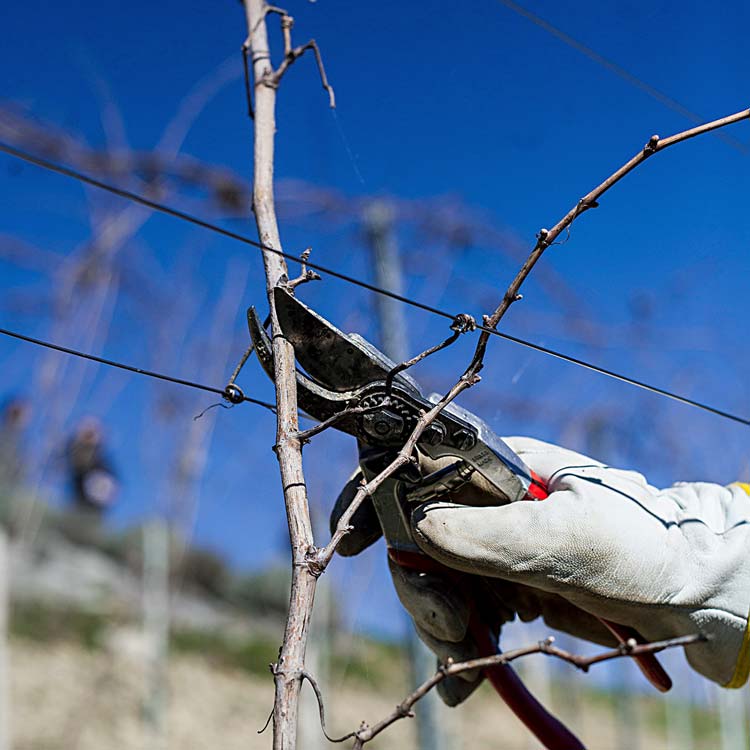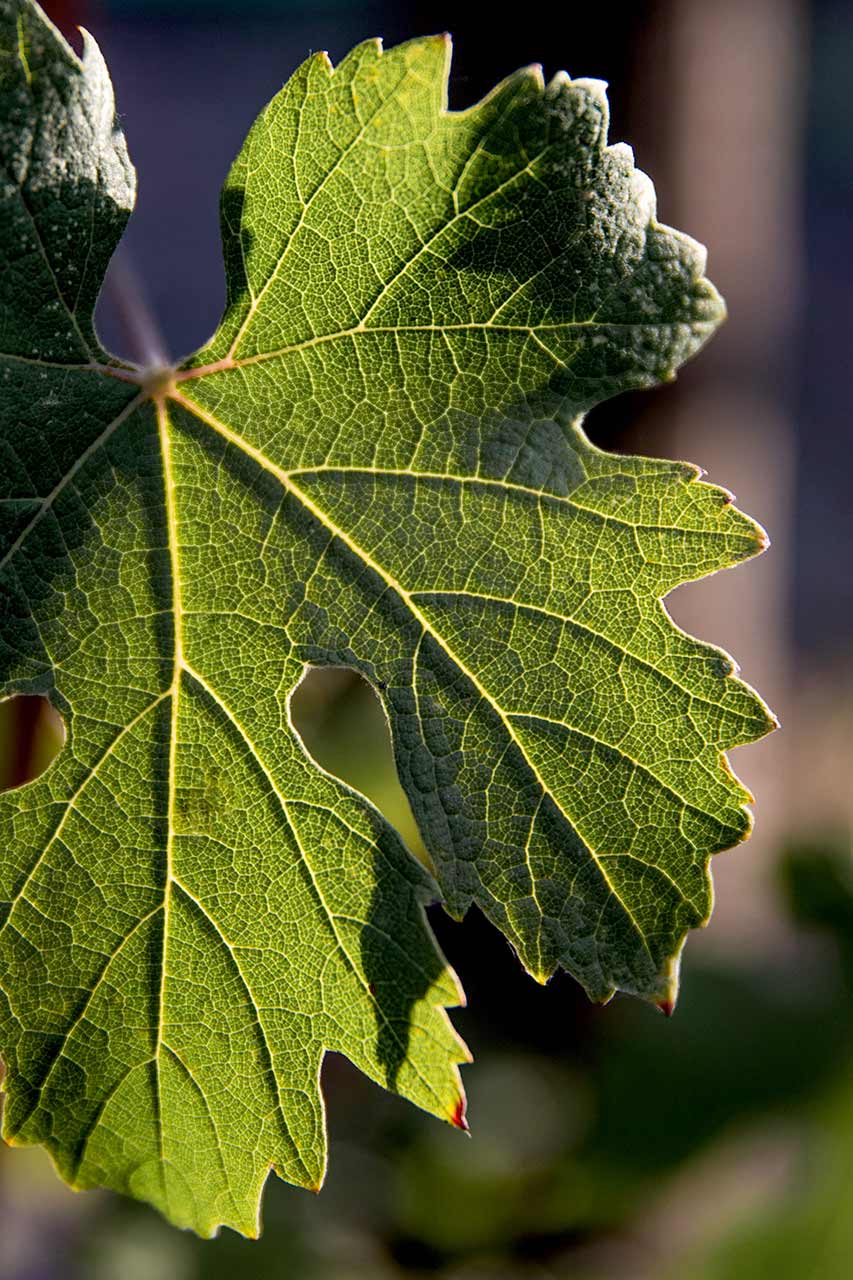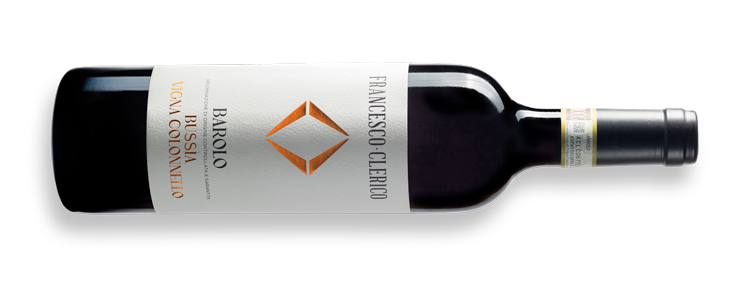
Barolo Bussia Vigna Colonnello
The vineyard of the Colonello […] dominates the hamlet of Bussia Soprana and extends to the border with the municipality of Barolo in the area known as Monrobiolo. […] This small cru has a southwest exposure and collects sunlight until sunset. […] The Colonnello opens the long theory of vineyards that stretch around Bussia Soprana, his wine still expresses the elegance and harmony of Barolo di Barolo, but already heralds the structure and power of that of Serralunga.
“Atlante delle vigne di Langa – Slow Food Editore”
Barolo Bussia
“The first cru together with Rocche di Castiglione to have been declared with the 1961 vintage on a Barolo label of the “modern” era, Bussia is not only the best known of all Monforte d’Alba but also one of the true icons of the entire appellation, capable of making enthusiasts all over the world dream. And perhaps therein lies the ultimate reason for the now official delimitation that has led to a single great Bussia, which gathers under its umbrella areas of absolute prestige.
“A. Masnaghetti”
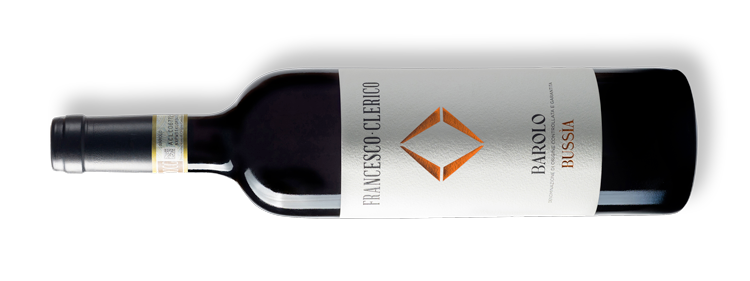
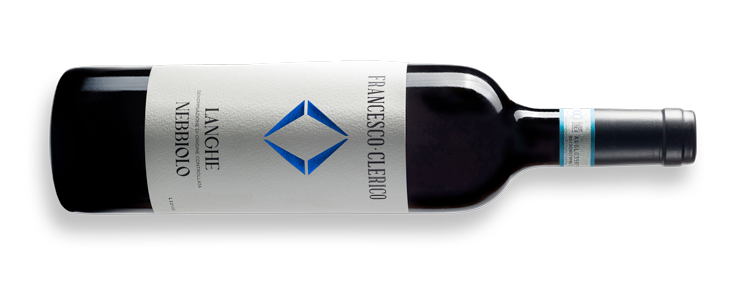
Langhe Nebbiolo
It is the wine that makes this variety daily and nothing fails, quite the contrary. Winemaking and refinement, united by an idea of simplicity and directness, give voice to the variety and mark the territory. A nebbiolo to drink.
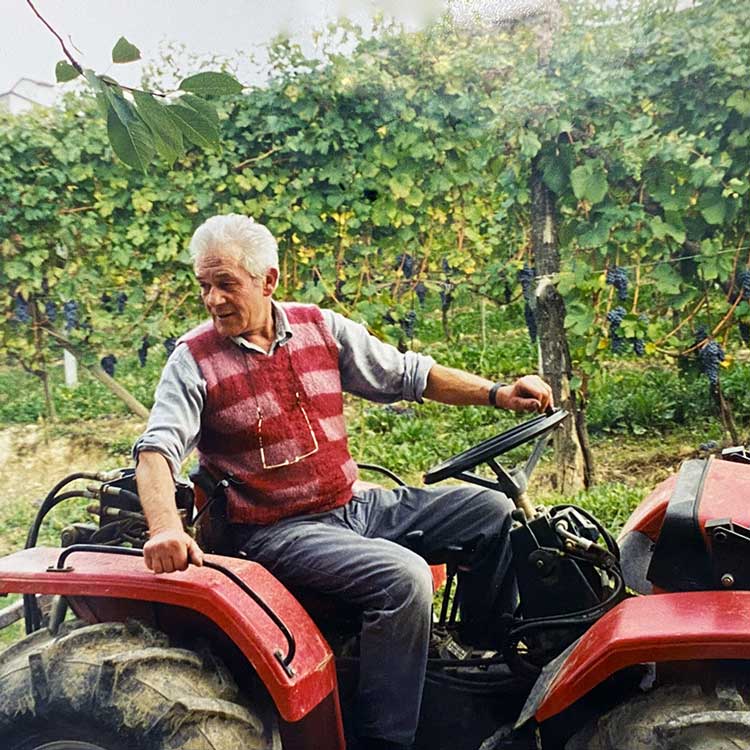
Background
Francesco Clerico, was born in 1939 and raised in the Langhe, at Bussia (a hamlet of Monforte d’Alba), in the large farmstead that has always belonged to his family, farmers from time immemorial: wine, truffles (with their beloved dogs) but also fruit, wheat and other crops.
Agriculture
In the early 1990s, Francesco Clerico decided to devote himself, among the first in the area, to the production of Barbera, Dolcetto, Nebbiolo and Barolo from certified organic cultivation.
